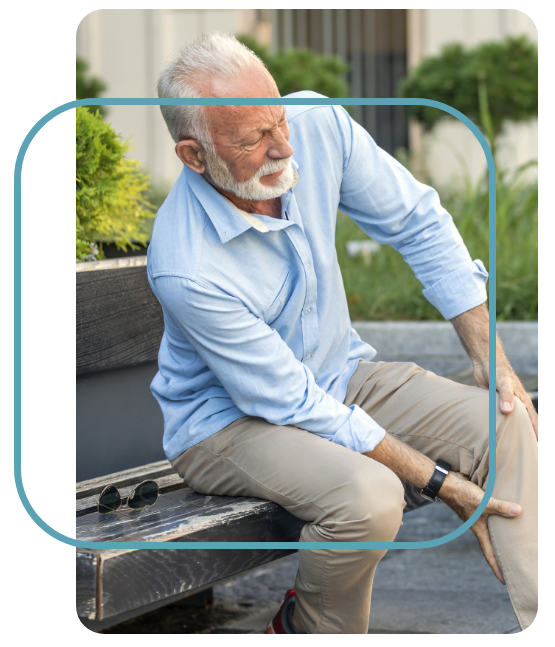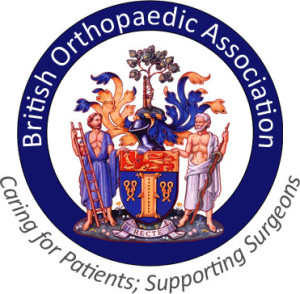Knee
replacement
- Treat arthritis, sports injuries and fractures
- Enjoy freedom from pain and immobility
- Get back to doing what you love


Miranda’s knee replacement
Keith’s double knee replacement
Nick’s partial knee replacement
Keith’s double knee replacement
Long-lasting relief from knee pain
Knee replacement surgery, also known as knee arthroplasty, involves replacing a damaged knee joint with an artificial implant. It’s usually recommended to relieve the symptoms of arthritis but can also cure sports injuries and fractures.
We usually consider a knee replacement only when less invasive treatment options have been exhausted, for example, medication, physiotherapy and cortisone injections.


Your personalized knee replacement
Depending on which part of your joint is damaged, you might need a total knee replacement or a partial knee replacement.
We’ll scan your knee to create a 3D image of your joint, so Mr Shah can tailor your surgery to your exact needs and create a prosthesis that’s unique to you.
We always aim to retain as much of your knee joint as possible, while making sure you get the best result. Mr Shah uses a less invasive approach, which uses a smaller incision, resulting in less trauma to the surrounding tissues, a shorter recovery time and less discomfort post-op.
My level of fitness has improved so much
- Louise Stanley
Keeping you comfortable


Supporting you at every step
Enjoy a new lease of life

Start your journey
to a new lease of life
To ask us a question or arrange a consultation with Mr Shah, don’t hesitate to get in touch.
Frequently asked questions
The most common cause of a knee replacement is osteoarthritis. The signs to watch out for include pain and stiffness and restricted mobility.
If you are paying for your treatment or have medical insurance, you can contact us directly to arrange your first consultation.
Before we consider surgery, we’ll explore all your other options, which could include medication, physiotherapy, cortisone injections and arthroscopy.
Typically, a knee replacement takes 60–90 minutes.
You’ll be able to return to work when you feel able to, which will depend on the type of job you do. Most patients take six weeks off work.


